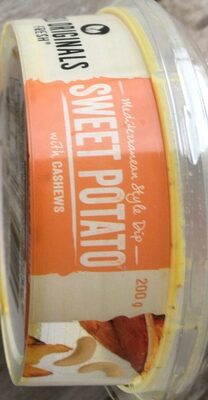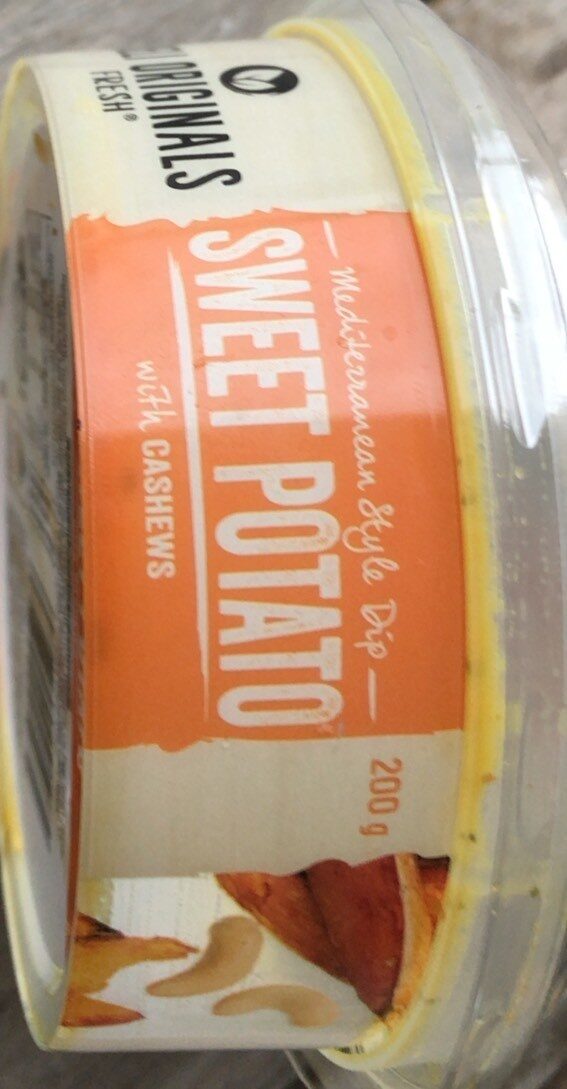Sweet Potsto dip - Deli Originals
This product page is not complete. You can help to complete it by editing it and adding more data from the photos we have, or by taking more photos using the app for Android or iPhone/iPad. Thank you!
×
Barcode: 4088700091074 (EAN / EAN-13)
Brands: Deli Originals
Countries where sold: Australia
Matching with your preferences
Environment
Packaging
Transportation
Report a problem
Data sources
Product added on by inf
Last edit of product page on by cirno.
Product page also edited by ecoscore-impact-estimator, kiliweb, vaporous, yuka.sY2b0xO6T85zoF3NwEKvlm4cSNODgBPrHTLTh0ea3NOsArvWfdIq367fPKg.
If the data is incomplete or incorrect, you can complete or correct it by editing this page.








